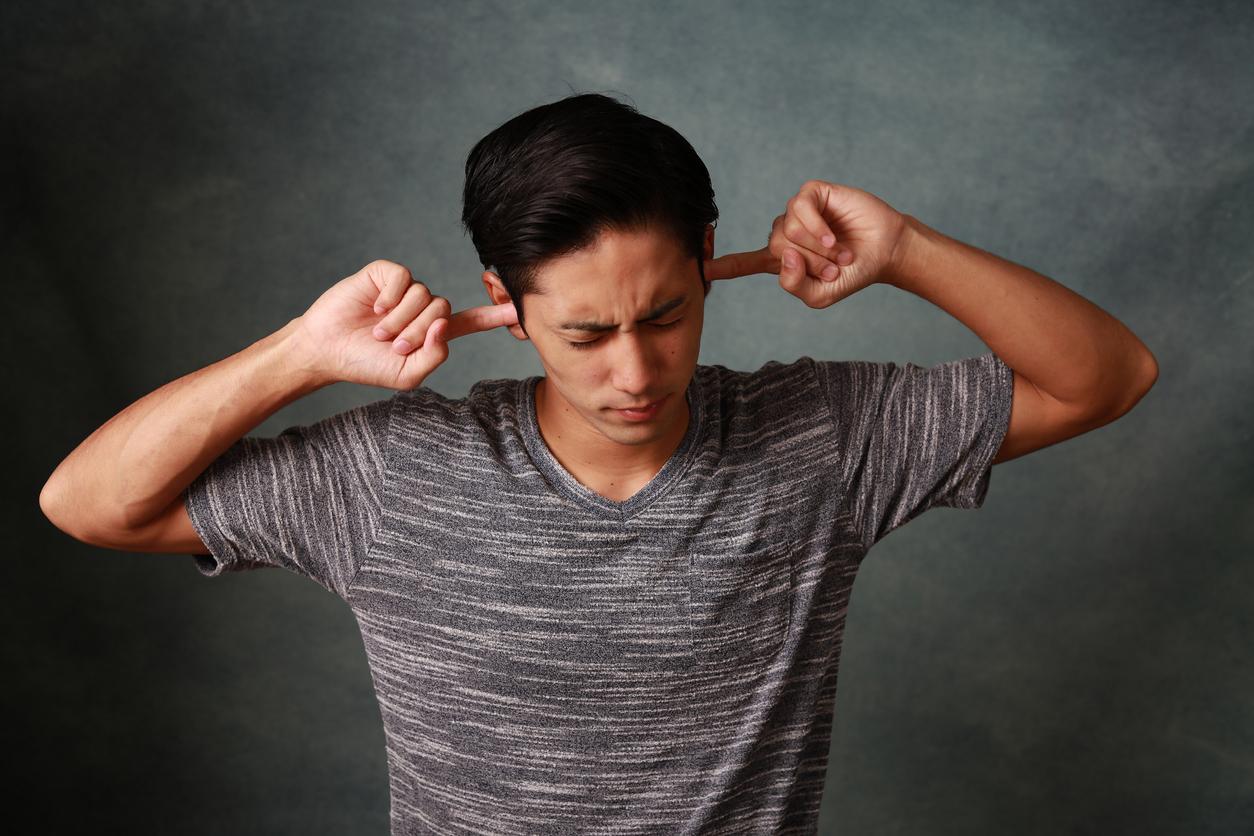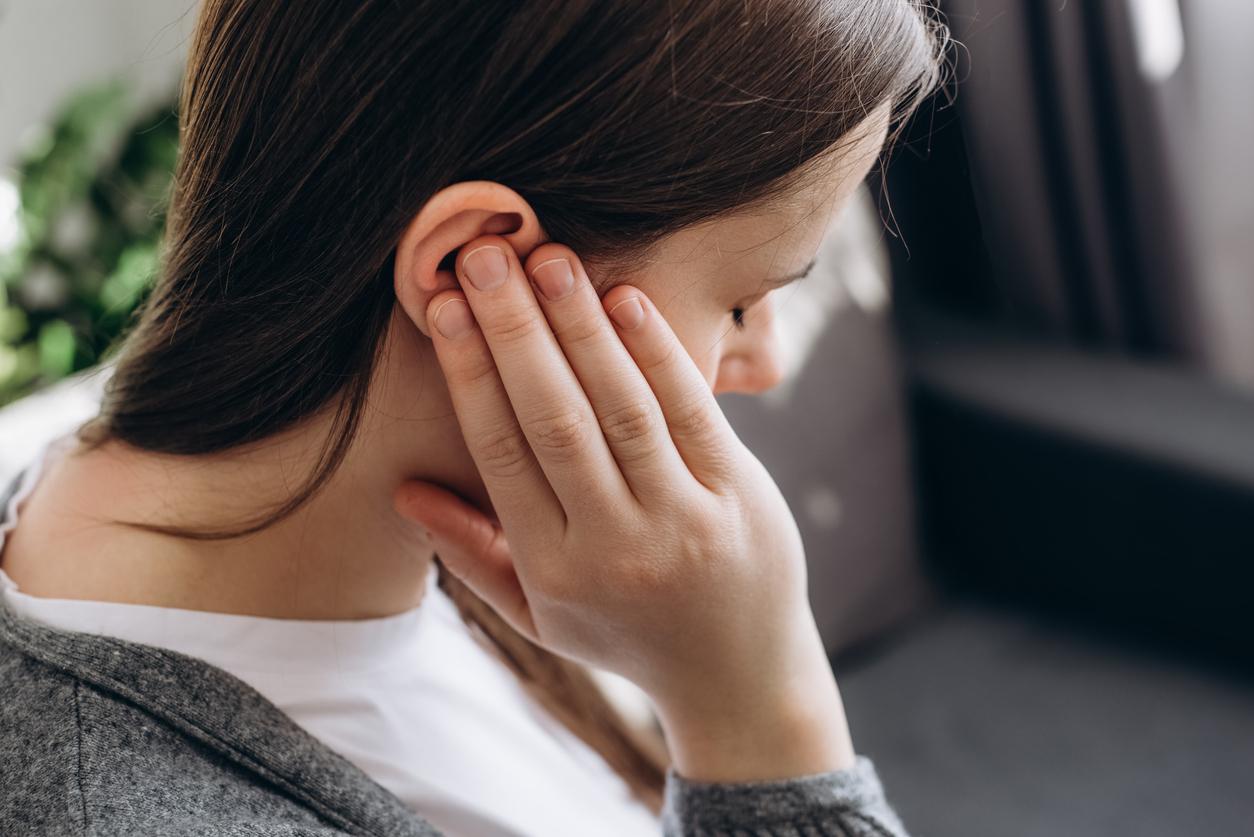
Crazy about the sound of others
Smack, snore, slurp. There are people who are so sensitive to sounds from others that they don’t just find them annoying, but disgust and enrage them. This neurological condition is called misophonia. Literally it means ‘hate of sound’.
Everyone is sometimes annoyed by smacking colleagues or a snoring partner. People with misophonia are not only bothered by it, with them it goes much further. They experience feelings of irritation, disgust and anger at hearing sounds that are harmless in themselves. Usually it concerns human sounds, such as swallowing and smacking.
Social isolation
People who suffer from misophonia are so bothered by the intense emotions evoked by sounds that they try to avoid them as much as possible. As a result, they can end up in social isolation and malfunction.
Little is known about misophonia, also known as sound intolerance or Selective Sound Sensitivity Syndrome (4S). It is also unclear how often it occurs. It is estimated that about 6 to 7 percent of the Dutch are bothered by noises from others. About half a percent would actually have misophonia.
Misophonia usually develops at a young age, between the ages of 8 and 12. Much is still unclear about how and why. People with misophonia often indicate that they have a memory of certain eating sounds at the table. But not everyone who is disgusted by these kinds of sounds develops misophonia.
Symptoms
Characteristic of the condition is that specific sounds generate strong negative feelings. In addition, people with misophonia may also experience:
- increased tension level due to continuous alertness and stress
- poor concentration
- guilt and shame
- fears: anticipation anxiety and fear of losing self-control
- feeling misunderstood (by self and others)
The majority of people with misophonia suffer the most from mouth and throat sounds. It also starts with almost all patients. But each patient is unique and has their own list of sounds that trigger the negative feelings. It can also change over time.
Therapy
Because doctors still know so little about the disease, treatment with drugs is not yet possible. Misophonia is being researched at the Academic Medical Center in Amsterdam. For example, the scientists use DNA research to look at a genetic background and brain scans are used to look for abnormalities in the brain.
It is also the only institute worldwide that offers treatment. This treatment consists of techniques and exercises from cognitive behavioral therapy (CBT) and psychomotor therapy (PMT).
Sources):












